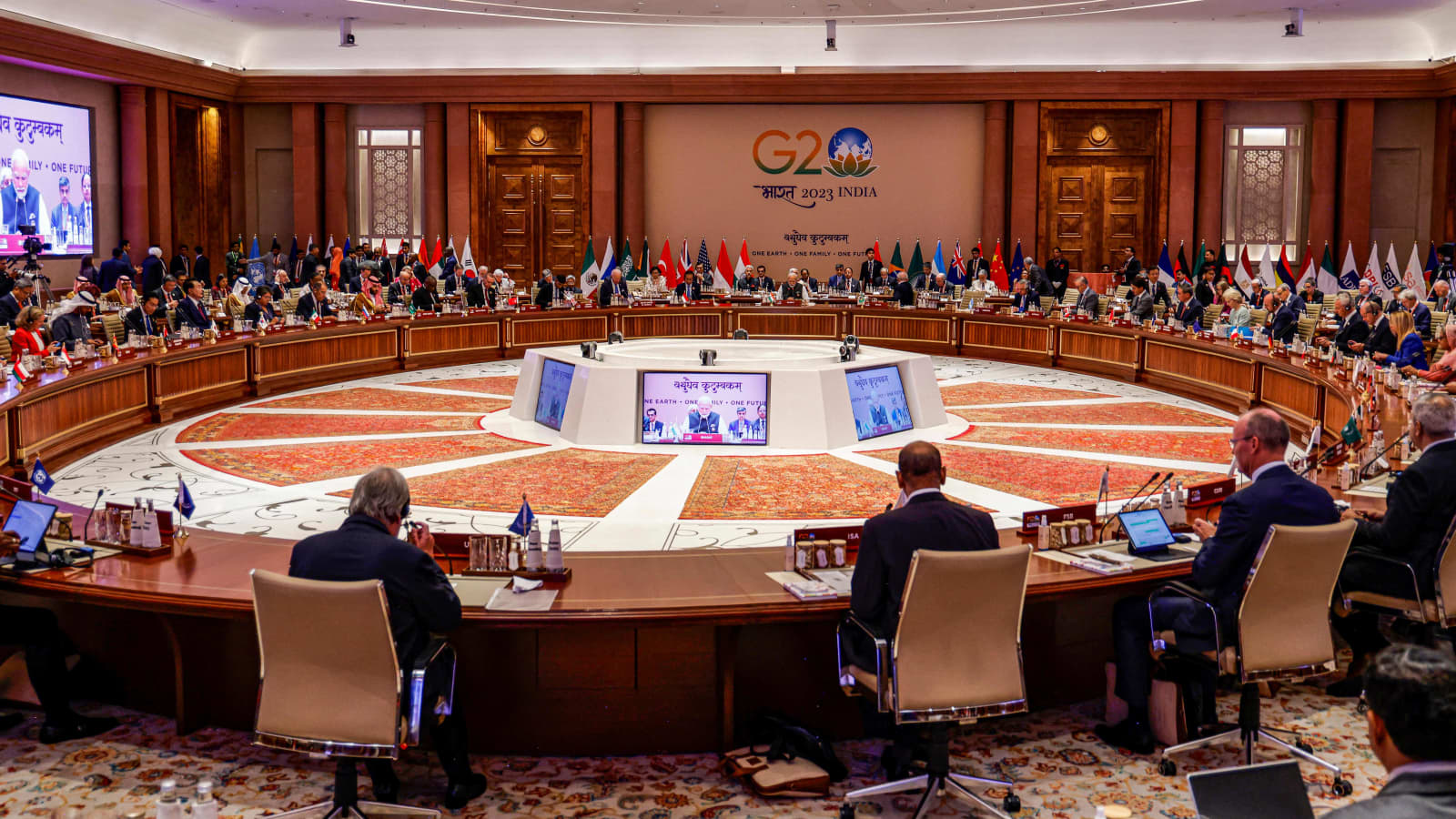G20 summit in Rio marks milestone with African Union’s seat at the table

The G20 Summit opens in Rio de Janeiro on November 14, bringing together global leaders to negotiate and collaborate on pressing world challenges. For the first time, the African continent, represented by the African Union (AU), will join South Africa in these crucial deliberations.
The AU’s inclusion as a permanent member, first established during the 2023 summit in New Delhi, underscores Africa’s increasing prominence on the global stage and its pursuit of meaningful influence in international governance.
The AU’s participation highlights a broader effort to elevate African development priorities within the G20. South Africa, alongside Brazil and India, has been a vocal advocate for reforming global governance institutions, aiming for a more equitable system.
South African Minister of International Relations and Cooperation Ronald Lamola stated, “In this regard, G20 leaders must intensify efforts to achieve a revitalized and strengthened multilateral system rooted in the goals and principles of the United Nations Charter and international law, with reformed institutions and governance that is more representative, effective, transparent, and accountable to reflect 21st-century realities.”
The collaboration between South Africa, Brazil, and India, known as the Troika, gains additional strength through AU involvement.
Minister Lamola emphasized, “The G20 is an essential vehicle for advancing the interests of the Global South, particularly Africa’s development priorities.”
This year’s summit in Rio sets the stage for South Africa’s 2025 G20 presidency, which Pretoria intends to leverage for promoting solidarity, equality, and sustainable development, with a strong emphasis on African growth.
Professor Danny Bradlow, a scholar at the Centre for Advancement of Scholarship at the University of Pretoria, highlighted the importance of prioritizing debt and development financing for Africa.
“This presidency offers an opportunity to tackle longstanding barriers to regional integration in Africa.
For instance, one of the major hurdles facing the African Continental Free Trade Area (AfCFTA) and Regional Economic Communities (RECs) is the persistence of bilateral trade agreements that undermine regional efforts,” Bradlow explained.
He urged South Africa to seize on the momentum of the AU’s G20 membership to spotlight these issues and drive tangible change.
The AU’s debut in this forum reflects not just symbolic progress but a genuine opportunity to reshape multilateral cooperation, ensuring that African voices help shape the 21st-century global order.
About The Author
dailymailafric
I am an avid African news observer, and an active member of Daily Mail Africa.
I’m Passionate about staying informed on diverse topics across the continent,
I actively contribute to publishing on political, economic and cultural developments in Africa.



